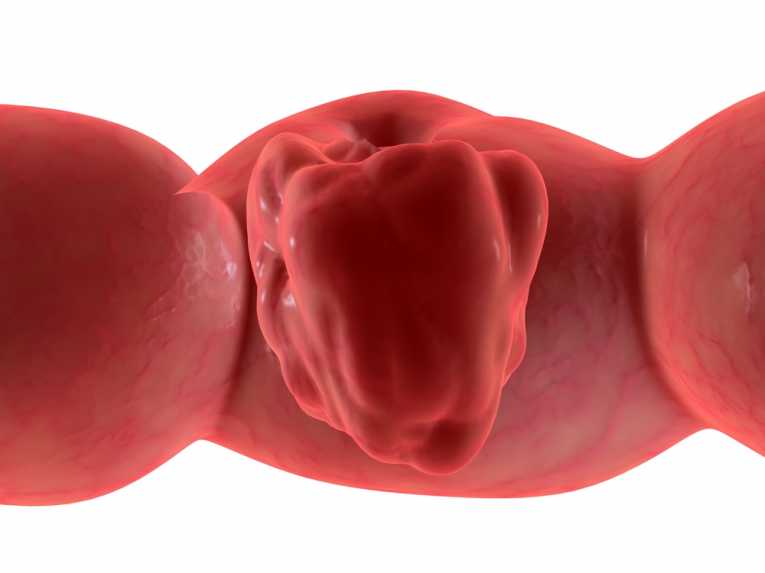Bowel cancer deaths could be cut by more than a quarter with adequate screening, a new study suggests.
Deaths of patients in Scotland who carried out bowel cancer screening tests at home were 27 per cent lower than those who did not participate, the National Cancer Research Institute (NCRI) Cancer Conference was told when it met in Liverpool.
The screening was conducted using the faecal occult blood test (FOBt) that can be posted to patients and carried out in their homes. Those tested send off small stools that are examined in a laboratory for any sign of blood - a possible indication of cancer of the bowel.
The Scottish Government-financed study is believed to be the first to demonstrate the advantages of screening the population by using FOBt.
Its author, Professor Robert Steele, from the Dundee-based Bowel Screening Research Centre, says: "For the first time, we can see the effects of a FOBt-based colorectal cancer screening programme in the real world of the NHS."
The research confirmed previous results from random controlled tests carried out when FOBt was proposed to help screen for cancer of the bowel.
Before the national tests were carried out, invitations went to more than 370,000 people, aged 50-69, in three out of 14 Scottish health districts, to take part in a pilot study.
Participants also used FOBt testing kits sent through the post with the results tested in a laboratory.
The results form this group was compared with a control group from other health boards with the same rates of death from bowel cancer.
Those invited for screening showed a 10 per cent cut in deaths caused by bowel cancer in comparison with those who did not take part. But researchers said the benefits of the testing were even greater, as four out of 10 of those invited to undertake the screening has not gone ahead. If only those who took part in the screening were assessed, the reduction in deaths rose to 27 per cent.
If bowel cancer is caught early on, more than nine out of ten sufferers can expect to survive at least five years. However, if the cancer affects other parts of the body before diagnosis, only six per cent survive for five years.
Ever year, around 40,000 people are diagnosed with bowel cancer in Britain, putting it in the top three causes of cancer.
NCRI director, Dr Jane Cope, says, "These figures are evidence that the bowel cancer screening programme is helping to lower the number of deaths from the disease. It's expected that when all of the national screening programmes across the UK have been up and running for a couple of years, that similar results will be seen for the whole of the UK."










